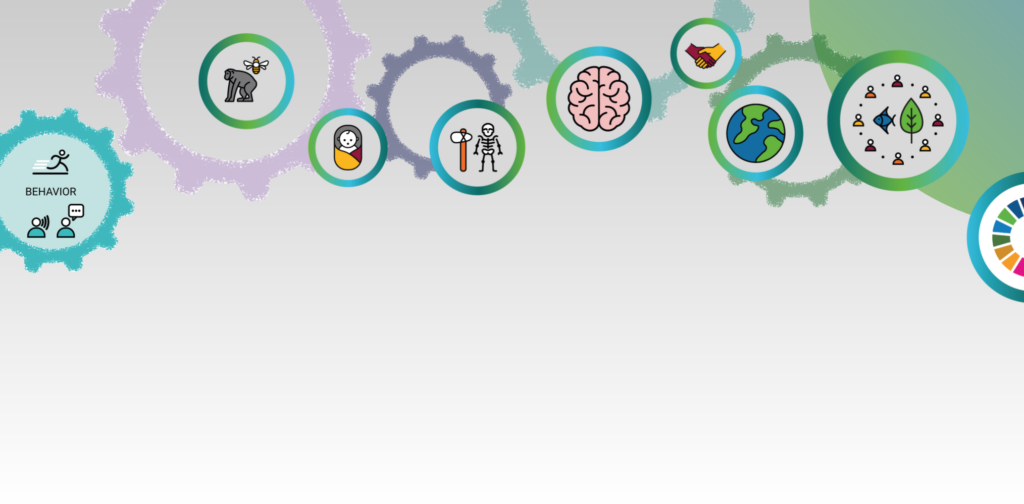Conceptual Thinking
Human Behavior & Sustainable Development
A lesson collection for the Human Behavior & Sustainable Development module.
Human Behavior & Sustainable Development Read More »
Beliefs About Well-Being Scale
In this questionnaire, people are asked about their beliefs about well-being by indicating the degree to which they believe that certain aspects are a necessary and required aspect of the experience of high well-being and living the good life. It is based on a study that showed that people’s beliefs about wellbeing can affect their actual wellbeing.
Beliefs About Well-Being Scale Read More »
Human Societies as Collective Brains
Human intelligence seems to be a social, more than merely an individual phenomenon. What can we learn from comparing human societies to human brains?
Human Societies as Collective Brains Read More »
Evolution, Morality, Sustainability
A collection of lesson materials to explore the nature of human morality in the light of evolution and sustainability
Evolution, Morality, Sustainability Read More »




